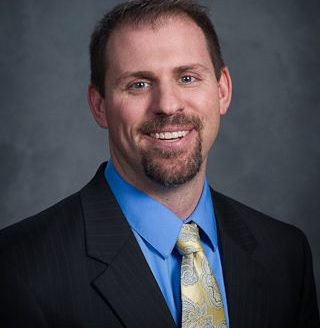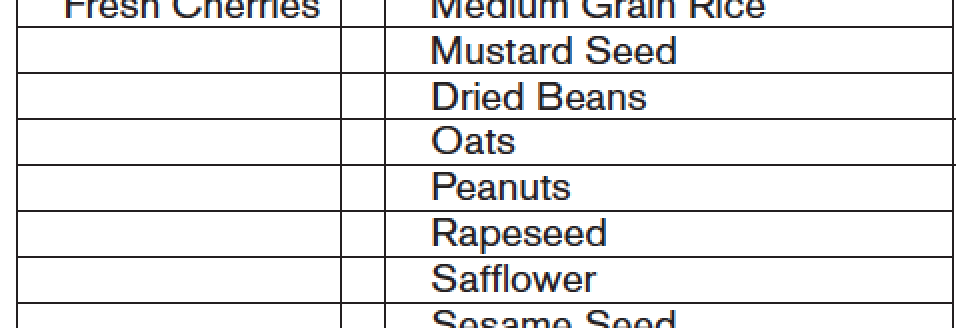Can you prove your ag business meets sustainability goals?

Why you must back up your sustainability practices with verifiable data
When it comes to achieving sustainability goals, the devil is in the details—or, more precisely, in the data.
Proving that you’re reducing greenhouse gas emissions demands verifiable information. Substantiating your nutrient management plan requires quantifiable data. The same goes for demonstrating that you, as a supplier, meet the sustainability standards of the Nestlés, Walmarts and Chipotles of the world.
Tracking that information takes work and a new mindset. It’s not easy to implement sustainability programs, much less measure and verify results. But, increasingly, it’s what’s required to make your brand or product more marketable.
With that information, processors, food companies and retailers can assure consumers that their food and agricultural products are socially responsible and environmentally sound. They can show they’re reducing their carbon footprints and combatting climate change throughout their supply chains.
That means that every business that wants to show its sustainability achievements must have the data to back it up. On your farm or ranch, at your feedlot or calf facility, in your packing or processing plant, you must be able to measure and verify your sustainability practices and outcomes.
Agriculture’s sustainability adoption
To its credit, United States agriculture has stepped up to the plate in a big way to achieve environmental, economic, and social sustainability. Every major ag commodity, including corn, cotton, and livestock, has developed and released sustainability goals for producers.
The U.S. Roundtable for Sustainable Beef, for example, has now issued sustainability targets and deadlines for the entire U.S. beef supply chain, including the cow-calf and feedyard operations. USRSB’s program calls for the U.S. beef supply chain to achieve climate neutrality by 2040. Feedyards specifically have been assigned a goal to reduce GHG emissions by 10% per pound of beef by 2030.
As another example, the National Corn Growers Association has set sustainability goals for U.S. corn growers. Among them: to reduce GHG emissions by 13%; increase energy use efficiency by 13%; and boost irrigation water use efficiency by 15%—all by 2030.
Many of you have already begun your sustainability journey. You’re cutting GHG emissions, improving water quality and becoming more attuned to soil health. You’ve implemented grazing and manure management plans. You’ve invested in solar and wind energy, maybe even a digester. You’re learning to do more with less. And you’re adding business value as you implement sustainability practices.
Sustainability road map
If you haven’t yet started a sustainability program or want to move further along to meet the goals, targets and deadlines set by your ag sector, here’s a brief road map offered by my colleague, Sam Sterling, senior beef consultant for KCoe:
• Gather data. This includes developing indicators and metrics that align with the industry goals within your sector.
• Measure and track progress. Benchmarking and reporting on your operation’s progress over time will provide customers with data that proves out the contributions you are making to the industry goals.
• Verify your results. Conduct an audit to prove that your actions are real.
• Share results. Tell the story of the good work your operation is doing to support current customers and attract new ones.
Sign up for HPJ Insights
Our weekly newsletter delivers the latest news straight to your inbox including breaking news, our exclusive columns and much more.
It’s time to start gathering key data and evaluating your supply chain as a whole if you haven’t already. The more time you have to align with your industry’s sustainability targets, the more attainable they will be.
One last point on measuring sustainability: Involve an expert. There are too many metrics and targets out there for a producer to capture and verify on your own. Working with someone who’s knowledgeable about sustainability strategies that also offer meaningful business value is a worthy investment in your future.
Editor’s note: Maxson Irsik, a certified public accountant, advises owners of professionally managed agribusinesses and family-owned ranches on ways to achieve their goals. Whether an owner’s goal is to expand and grow the business, discover and leverage core competencies, or protect the current owners’ legacy through careful structuring and estate planning, Max applies his experience working on and running his own family’s farm to find innovative ways to make it a reality. Contact him at [email protected].

